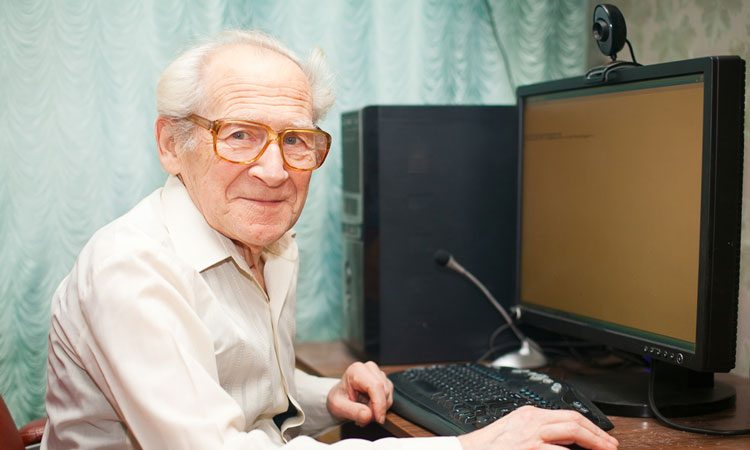Computer avatars are now able to detect dementia
Posted: 17 September 2018 | Iqra Farooq (European Pharmaceutical Review) | No comments yet
Computer avatars have been developed at Osaka University to detect dementia using a series of six questions…


A group of researchers from Osaka University and Nara Institute of Science and Technology demonstrated that it was possible to detect dementia from human-agent interaction and conversation.
In previous studies, diagnoses were made using neuropsychological questions, and so habituation to the same questions lowered performance in detecting dementia.
In hospitals, cognitive functon tests are performed, such as Mini-Mental State Examination (MMSE) along with medical imaging systems. As the population of the world ages, and an increasing number of people develop dementia, easy-to-use dementia tests are sought after.
The team identified a technique using machine-learning, where a machine ‘learns’ characteristics of sounds of elderly people who answer easy questions from an avatar on a computer screen.
The proposed method uses avatars on a computer screen and machine learning algorithms to detect signs of dementia. The model was based on features of speech, language and faces from recorded dialogues with elderly participants who had been diagnosed with dementia, and 12 healthy controls.
These fixed questions were prepared based on neuropsychological tests and random questions, and not based on specific tests.
The computer was able to determine individuals with dementia from healthy controls at a rate of 92 percent from 6 questions, each lasting 2-3 minutes.
The researchers found that dementia could be distinguished with high accuracy by combining features of dementia, such as a delay in the response to questions from the avatars (depending on the content of the question), intonation, the percentage of nouns and verbs uttered by the individual, and the articulation rate of the voice.
Senior author Takashi Kudo said, “If this technology is further developed, it will become possible to know whether or not an elderly individual is in the early stages of dementia through conversation with computer avatars at home on a daily basis. It will encourage them to seek medical help, leading to early diagnosis.”




